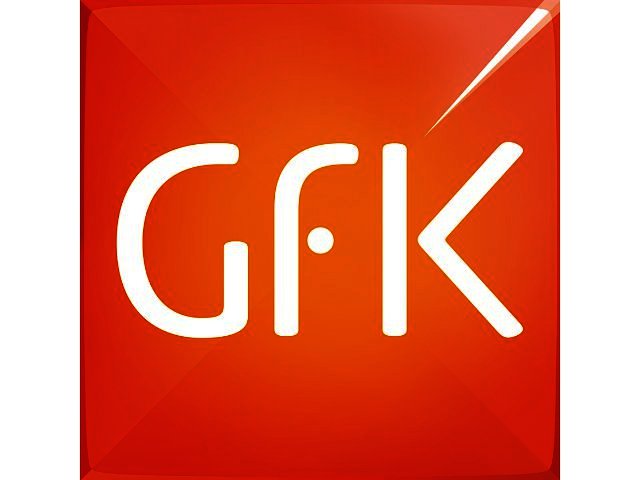Tablets down, Notebooks flat, and Smartphones up in SA
By Staff Writer 27 September 2017 | Categories: news
Retail growth in South Africa’s mobile computer market has flattened out, though the market is performing reasonably well considering the tight economy. However, smartphones continue to boom while it’s tough times for media tablet market which has shrunk by about 40% in the first half of 2017. This according to point-of-sale data from market research firm, GfK South Africa.
GfK South Africa’s data shows that mobile phone sales has decreased by 23% for January to June 2017, compared to the same period in 2016. Smartphone unit sales though has increased 17% in the same timeframe. Smartphones accounted for 64% of mobile devices sold in the first half of 2017, while feature phones comprised the balance. By comparison, the split was 58% smartphones and 42% feature phones in the 2016 calendar year.
Notebooks experienced flat growth for the first half of 2017, with around 295 000 units sold through retail during the period. It matches the 295 000 units sold in January to June 2016, following a decline of more than 20%, from 360 000 units sold in January to June 2015.
Tablet computer retail sales, meanwhile, have dropped from 862 000 units in the first half of 2016 to around 540 000 for January to June 2017.
Smartphones buoyant in a flat market
Commenting on the rise of smartphones locally, Berno Mare, product manager: IT, Office and Photo at GfK South Africa notes, “Growth in South Africa’s mobile phone market is predominantly driven by the introduction of extremely low cost smartphones. This is fuelling the transition from traditional mobile phones to smartphones. Another trend sees consumers enthusiastically adopt larger screen sizes of five inches and above. Mare believes brand loyalty and design are the main drivers in the premium market, while features are secondary in consumer purchasing decisions. This because most premium phones have similar spec levels and functionality. When it comes to the credit-driven sector, a smartphone is a critical status symbol, with screen size a major factor in the purchasing decision.
Tablets feel the pressure
Nicolet Pienaar, business group manager: IT and Telecoms at GfK South Africa believes tablets are seen as a secondary support device, used to consume media rather than to create content. As a result, this category is feeling the pressure of a tight economy more than mobile computers and smartphones, which many consumers regard as essentials.
There is fierce competition in the entry-level tablet market, thanks to a growing choice of brands as well as telecoms networks offering contract deals. However, the professional segment – including slate and hybrid form factors – is struggling because prices are too high for mass market appeal.
In the notebook market, a volatile exchange rate and higher component prices are making it difficult for manufacturers to keep price points low for entry-level devices. The industry is focusing on combining spec configurations that allow for aggressive pricing. As a result, there is a little innovation in the low-end of the market, with some devices leveraging older processors. In the premium market, thin form factors, SSD and other innovative features are driving growth.
Spurred by innovations, such as virtual reality, artificial intelligence, smart home functionality, mobile payments and mobile health, smartphones are going to gain further relevance for consumers in premium segments in the next year to two. Meanwhile, low-cost smartphones will continue to grow as users migrate from feature phones, especially younger people who see connectivity as a life essential.
Most Read Articles

Have Your Say
What new tech or developments are you most anticipating this year?



